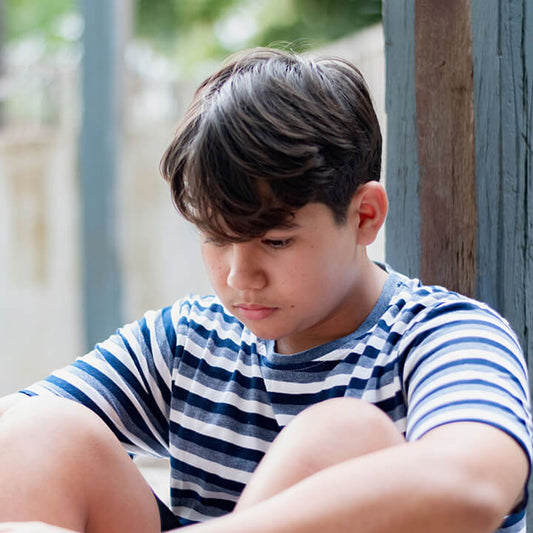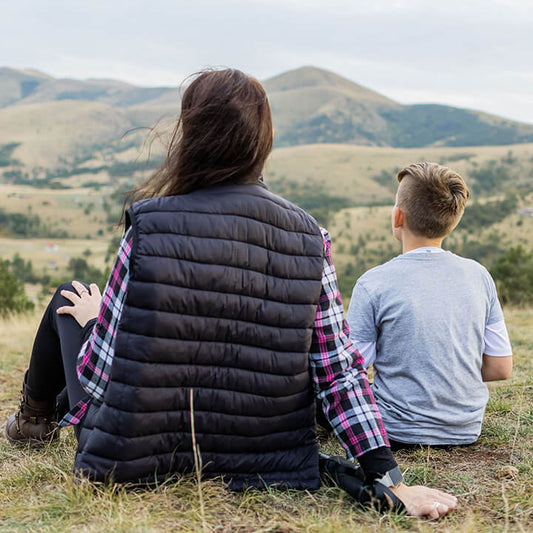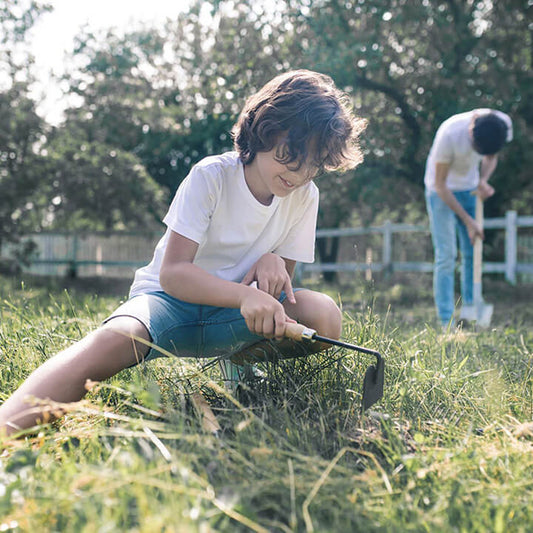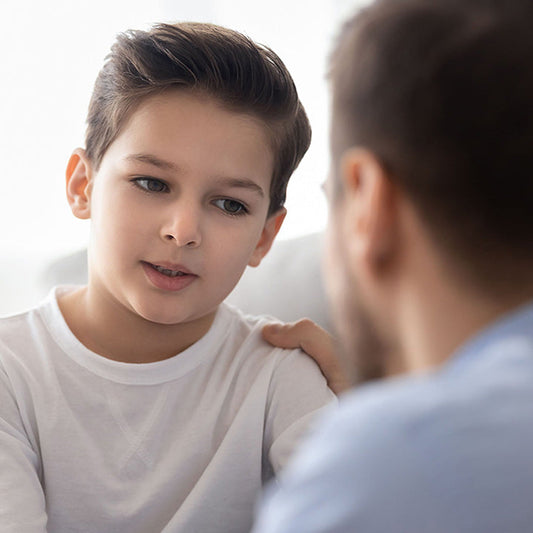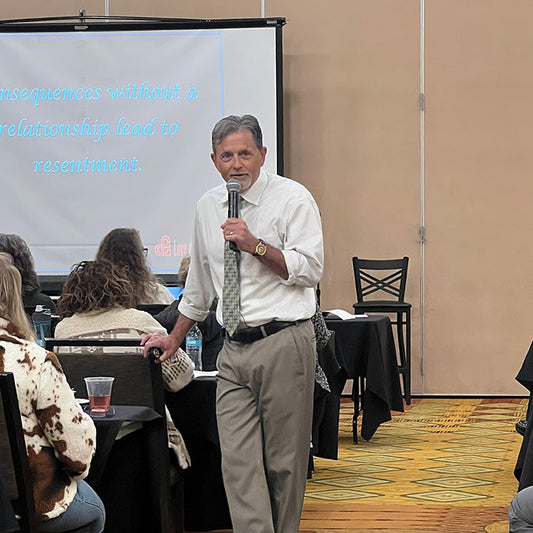A recent blog was about the myth of needing to deliver consequences immediately, and how delaying consequences helps give parents time to decide on appropriate consequences. What are appropriate consequences? With Love and Logic, there are two types of consequences—natural consequences and the Love and Logic Generic Consequence.
Often natural consequences are obvious.
The most effective consequences are usually those that naturally follow the event that caused the need for a consequence—a natural consequence. Natural consequences are obvious, and they are effective because they connect cause and effect in the brains of kids. When this happens, then kids learn the important lesson that their actions caused the consequences.
We often recognize the correct, natural consequence in a split second. But we just as often tend to reject it in hopes of finding something that will teach the lesson in a gentler way. This causes parents to avoid the most effective consequence and thus deprives the child of an important lesson.
For example, having a child pay for a window that the child broke is the natural consequence of this action. However, grounding the child for breaking the window is not a natural consequence—it is merely punishment. Usually when a parent thinks, “Oh, I don’t want him to have to…,” then that is the right consequence, and that is the one they must use.
The Love and Logic Generic Consequence.
Sometimes there is no logical consequence available. If the words, “Oh, I don’t want to have her…,” just don’t come to mind, don’t waste time looking for a logical consequence. You have just recognized that there is probably no reasonable consequence for what just happened. This is the time to apply the Love and Logic Generic Consequence, also known as the Energy Drain.
Parents who learn to use the Energy Drain technique don’t need a list of consequences. They simply use the technique as a generic consequence. Kids can still make the logical connection between their deeds and the need to make restitution.
An example would be: “Son, you lied to me about turning in your homework. Worrying about lying drains my energy. I think you can restore that energy by raking the lawn for me on Saturday. Thanks.”
Kids often surprise us with the unique nature of their bad decisions or bad behavior. In the heat of the moment, this leaves parents baffled about what needs to be done and what consequences will be most effective. With Love and Logic, you can simply look for a natural consequence first, and if one is not apparent, you can then use the Love and Logic Generic Consequence.
For help with how to respond to the unexpected from your kids, our audio, Oh Great! What Do I Do Now? is a great resource.
Thanks for reading!
























